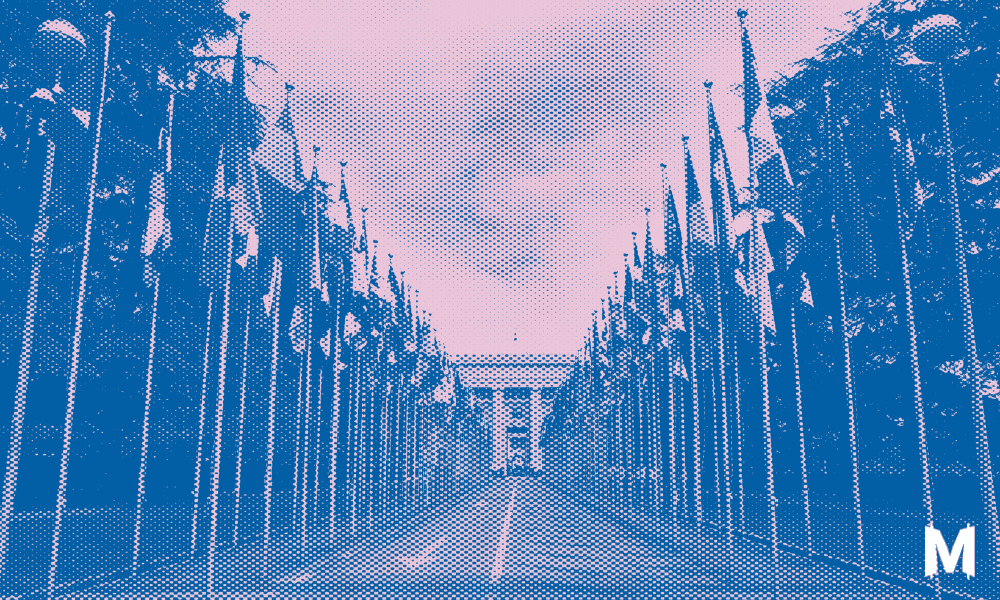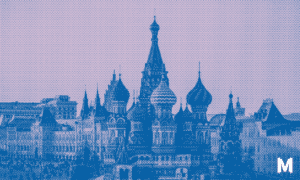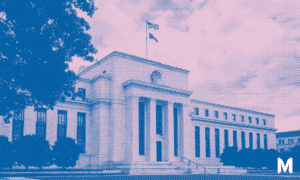In a new report titled “All that glitters is not gold: The high cost of leaving cryptocurrencies unregulated”, the United Nations Conference on Trade and Development (UNCTAD) highlights the risks of bitcoin and crypto and urges developing countries to:
- Regulate bitcoin and crypto
- Restrict advertising surrounding bitcoin and crypto
- Develop and issue their own Central Bank Digital Currency (CBDC) or fast retail payment system
According to the report, bitcoin and crypto adoption is gaining traction in developing countries.
The UNCTAD posted a graph in its report showing that bitcoin and crypto adoption has been highest in Ukraine with 12.7% of people owning bitcoin or crypto.
The next country on the list is Russia with 11.9% of residents holding bitcoin or crypto.
Following Ukraine and Russia, Venezuela, Singapore and Kenya made it to the top of the list, followed by the United States.
Venezuela has a year-over-year inflation rate of 167% as of May 2022. Kenya has an inflation rate of 8.3%, lower than the United States.
The report further states three reasons why the UNCTAD believes bitcoin and crypto is risky:
“First, the use of cryptocurrencies may lead to financial instability risks. If prices plunge, monetary authorities may need to step in to restore financial stability. Importantly, in developing countries, the use of cryptocurrencies provides a new channel for illicit financial flows.”
The second reason is stated as follows:
“Second, the use of cryptocurrencies undermines the effectiveness of capital controls, an essential instrument in developing countries with which to curb the build up of macroeconomic and financial vulnerabilities, as well as to increase policy space.”
And the third reason:
“Finally, if left unchecked, cryptocurrencies may become a widespread means of payment and even replace domestic currencies unofficially (a process called cryptoization), which could jeopardize the monetary sovereignty of countries”
The UNCTAD report acknowledges indirectly that bitcoin has value and utility. Why are people in many developing countries adopting bitcoin? In war-torn countries, people are using bitcoin to take their wealth with them when feeling the country.
In countries with high inflation rates people are allocating to bitcoin to protect their purchasing power.
This supports the narrative of bitcoin being inflation hedge and having utility. It appears that the UNCTAD believes bitcoin and crypto has enough utility that it could become a widespread means of payment.




